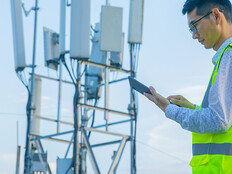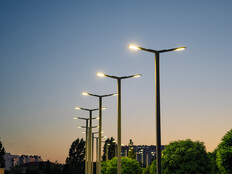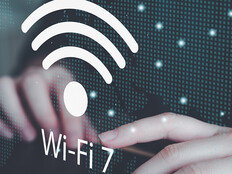How LA Plans to Enhance Its Smart City Capabilities
The plan outlines five components of LA’s smart city visions, including infrastructure data tools and practices, digital services and applications, connectivity and digital inclusion, and governance.
For each of those areas, the plan identifies the city departments that will be involved in implementing specific projects as well as the strategic challenges and goals the city is setting.
In infrastructure, for example, the plan identifies a lack of smart city situational awareness as a challenge, noting that there “remains a lack of monitoring, inventory, and situational awareness among our key utility systems, which can result in increased utility outages for the public and delays in restoration.” The city will also need to “deploy entirely new next-generation infrastructure to support emerging demands,” including new fiber-optic infrastructure, electric vehicle charging infrastructure and alternative energy solutions.
To address these, the city calls for a series of goals to be met between now and 2028. For example, this year the city intends to develop an “L.A. Street Lighting Strategic Plan,” which includes strategies for shared Internet of Things sensor devices, remote monitoring and “design for new citywide street lamp, while maintaining ownership and intellectual property.”
This year it will also work to incentivize fiber-optic buildout and by 2023 adopt an IoT policy that “details the shared usage of sensors to avoid redundant IoT sensor networks that congest the urban environment.” By 2024 the city intends to install 10,000 public electric vehicle chargers, and by 2026 it will build a “public-private partnership for an open-source IoT Integration Platform to leverage public and private smart infrastructure.”
Ross tells StateScoop that just because the milestones are in the plan does not mean they are final. There also isn’t a price tag attached to the plan, though, as the publication reports, “city officials have previously estimated that the 2028 Summer Games will cost Los Angeles about $7 billion to host the event.”
RELATED: How will 5G technology impact the future of smart cities?











